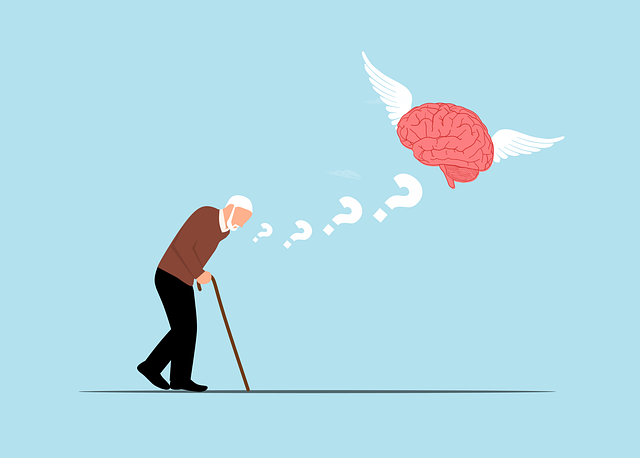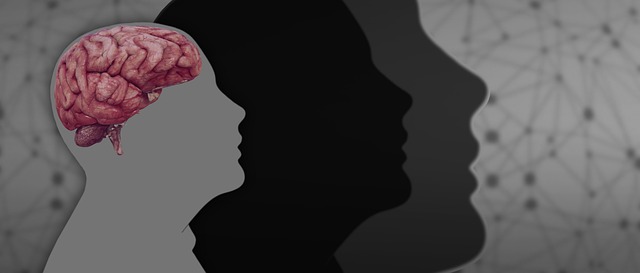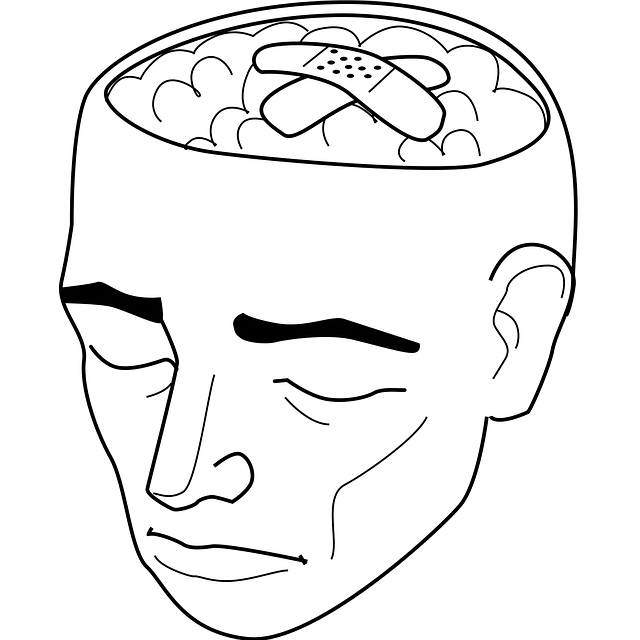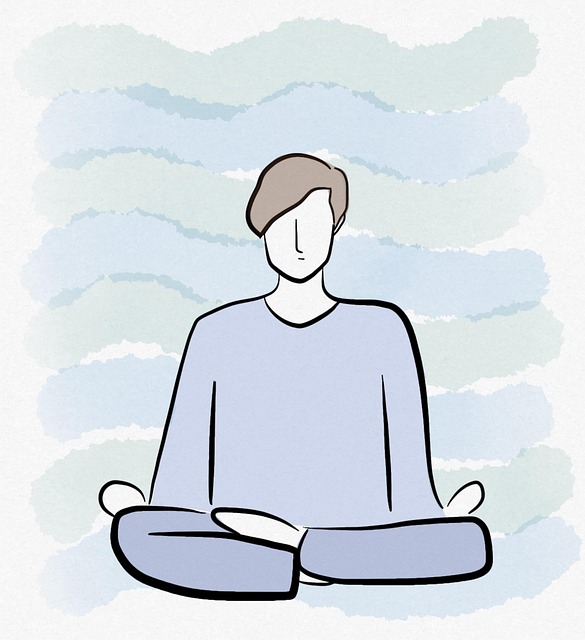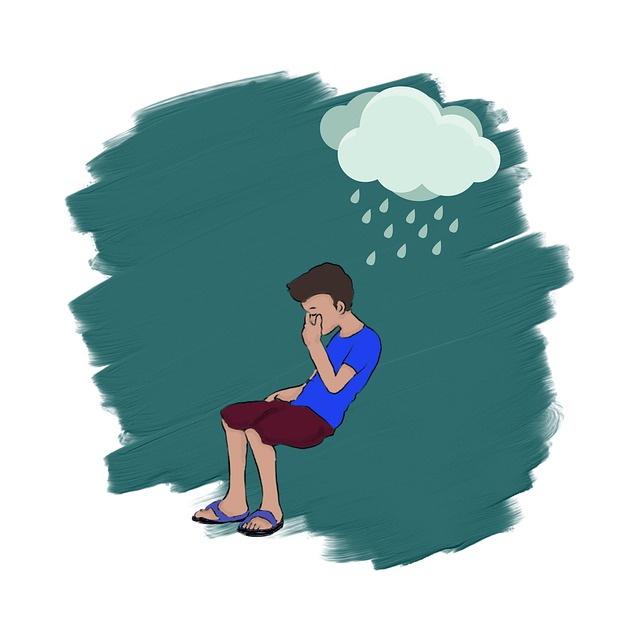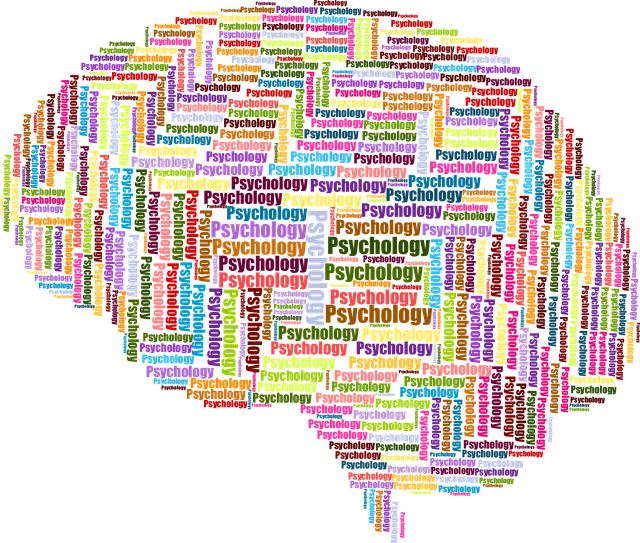For young adults dealing with pain, mood regulation through therapy is essential for emotional well-being and successful navigation of life's challenges. Cognitive Behavioral Therapy (CBT) addresses negative thought patterns, while mindfulness and meditation promote emotional balance and resilience. Lifestyle modifications, including nutrition, exercise, and sleep, are key, enhanced by Mind Over Matter principles. Alternative therapies like art, music, and nature therapy offer creative outlets and stress reduction, fostering self-discovery and healthier interactions. Comprehensive care includes risk assessments, cultural competency training, and burnout prevention strategies for healthcare providers treating young adults with pain management needs.
Mood regulation strategies are essential tools for young adults navigating the complexities of their emotions. This comprehensive guide explores various techniques designed to support mental well-being. From cognitive behavioral therapy (CBT) as an effective pain management tool, to mindfulness practices and lifestyle modifications like nutrition, exercise, and sleep, we delve into evidence-based approaches. Additionally, we uncover alternative therapies, including art, music, and nature connections, offering unique paths to emotional balance for young adults dealing with pain.
- Understanding Mood Regulation: Unraveling the Impact of Emotions on Young Adults
- The Role of Cognitive Behavioral Therapy (CBT) in Pain Management
- Mindfulness and Meditation Techniques for Emotional Balance
- Lifestyle Modifications: Nutrition, Exercise, and Sleep for Mood Stabilization
- Alternative Therapies: Exploring Art, Music, and Nature Connections
Understanding Mood Regulation: Unraveling the Impact of Emotions on Young Adults

Understanding Mood Regulation is a crucial step in helping young adults navigate their emotional landscape. Emotions, though often fleeting, significantly impact decision-making, relationships, and overall well-being. For young adults, a time of significant transition and self-discovery, effective mood regulation strategies become essential tools for managing the rollercoaster of emotions they may experience. Unchecked, intense or prolonged emotions can lead to difficulties in various aspects of life, including academic performance, social interactions, and even physical health.
Therapy for young adults plays a pivotal role in teaching them emotional intelligence and compassion cultivation practices, which are key to emotional regulation. By learning to identify and understand their emotions, young adults can develop strategies to manage them constructively. This involves recognizing triggers, practicing mindfulness techniques, and adopting healthy coping mechanisms. Integrating these skills not only aids in pain management but also fosters a sense of resilience, enabling individuals to navigate life’s challenges with greater equanimity and emotional maturity.
The Role of Cognitive Behavioral Therapy (CBT) in Pain Management

Cognitive Behavioral Therapy (CBT) has emerged as a powerful tool in the arsenal of pain management strategies, particularly for young adults navigating chronic or acute pain conditions. This therapy type focuses on identifying and changing negative thought patterns and behaviors that contribute to distress and discomfort. By modifying these cognitive processes, CBT empowers individuals to gain a sense of control over their pain experience, enhancing their overall well-being.
For mental health professionals working with this demographic, understanding the nuances of CBT is essential. A thorough risk assessment should be conducted to ensure patient safety during therapy. Additionally, healthcare provider cultural competency training can significantly benefit treatment outcomes, as it enables professionals to tailor CBT approaches to diverse patient populations. Moreover, burnout prevention strategies for healthcare providers are vital to maintaining the quality of care offered, fostering a sustainable environment for both patients and practitioners alike.
Mindfulness and Meditation Techniques for Emotional Balance

Mindfulness and meditation have emerged as powerful tools for young adults seeking to regulate their moods and manage pain. These ancient practices, now backed by modern research, offer a therapeutic approach that can help individuals cultivate emotional balance and resilience. Through focused attention on the present moment, mindfulness techniques encourage self-awareness and a non-judgmental perspective, allowing one to observe and accept their emotions without reacting impulsively.
Meditation, specifically designed for pain management, teaches individuals to redirect their focus from discomfort to breath or a chosen mantra. This practice can help reduce the intensity of physical sensations associated with stress and anxiety, thereby mitigating emotional distress. Incorporating mindfulness into daily routines, such as mindful walking or eating, further fosters a sense of calm and groundedness. For those dealing with burnout prevention, these techniques offer a holistic approach to self-care, complementing traditional therapy for young adults and even enhancing the effectiveness of healthcare provider cultural competency training and social skills training.
Lifestyle Modifications: Nutrition, Exercise, and Sleep for Mood Stabilization

Lifestyle modifications play a pivotal role in mood regulation, especially for young adults seeking to manage pain and enhance their overall well-being. Nutrition, exercise, and sleep are fundamental pillars that support mental health. A balanced diet rich in omega-3 fatty acids, vitamins B and D, and magnesium can significantly impact serotonin levels, promoting positive moods. Incorporating regular physical activity not only reduces stress hormones but also improves cognitive function and enhances mood through the release of endorphins. Additionally, adequate sleep is crucial for emotional regulation; it allows the brain to consolidate memories and process emotions effectively.
Integrating Mind Over Matter principles can further strengthen these lifestyle practices. Encouraging young adults to be mindful during meals, engage in grounding exercises before workouts, and establish consistent sleep routines empowers them to take charge of their mental health. Regular therapy sessions for pain management can complement these lifestyle changes, providing a comprehensive approach to emotional well-being, especially when coupled with a thorough risk assessment for mental health professionals. Boosting confidence through achievable goals and positive affirmations reinforces the implementation of these strategies, fostering resilience and overall mood stabilization.
Alternative Therapies: Exploring Art, Music, and Nature Connections

For young adults navigating life’s challenges, exploring alternative therapies can be a powerful tool for mood regulation and pain management. Art therapy, for instance, provides an outlet for emotional expression through creative means, fostering self-discovery and healing. Creating art allows individuals to communicate their feelings when words might feel insufficient, making it particularly beneficial for those dealing with mental health issues or trauma.
Similarly, music and nature connections offer unique therapeutic experiences. Listening to music or engaging in outdoor activities can significantly impact emotional well-being. Research suggests that nature walks and listening to calming melodies can reduce stress levels, improve mood, and even provide an effective burnout prevention strategy for healthcare providers. Conflict resolution techniques and empathy building strategies can also be enhanced through these therapies, promoting healthier interactions with oneself and others.
Mood regulation is a multifaceted approach that empowers young adults to navigate their emotional landscapes effectively. By integrating evidence-based strategies like Cognitive Behavioral Therapy (CBT) for pain management, mindfulness practices, lifestyle modifications, and alternative therapies such as art, music, and nature connections, individuals can achieve lasting emotional balance. These methods not only enhance overall well-being but also provide valuable tools to manage and prevent mood disorders, ultimately fostering a more resilient and fulfilling life.


